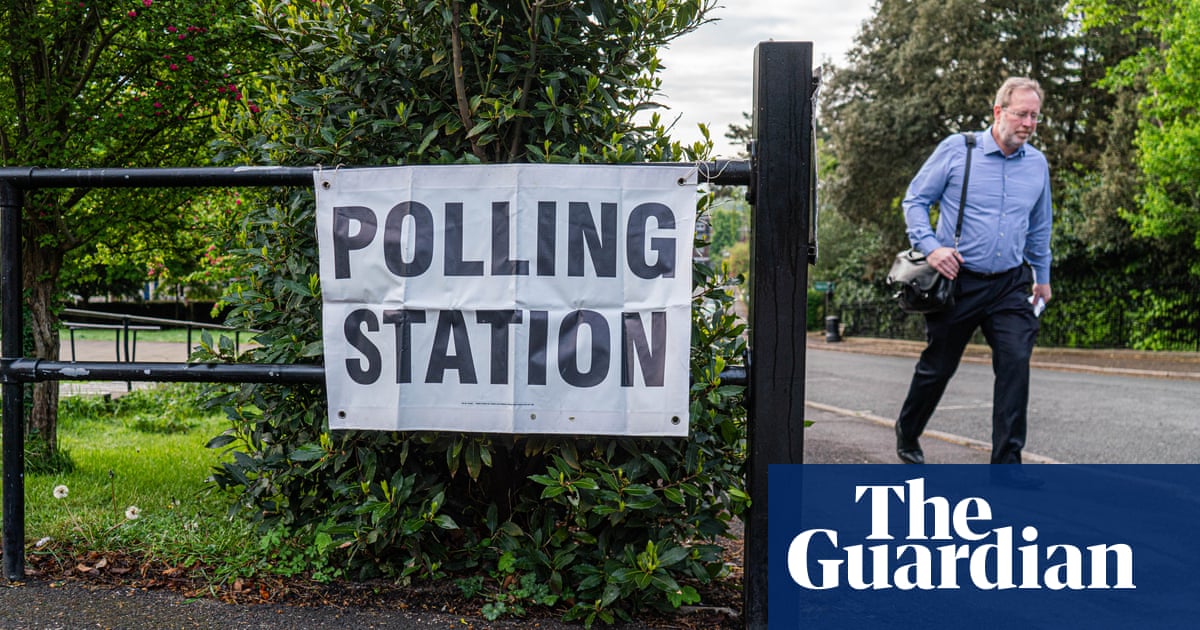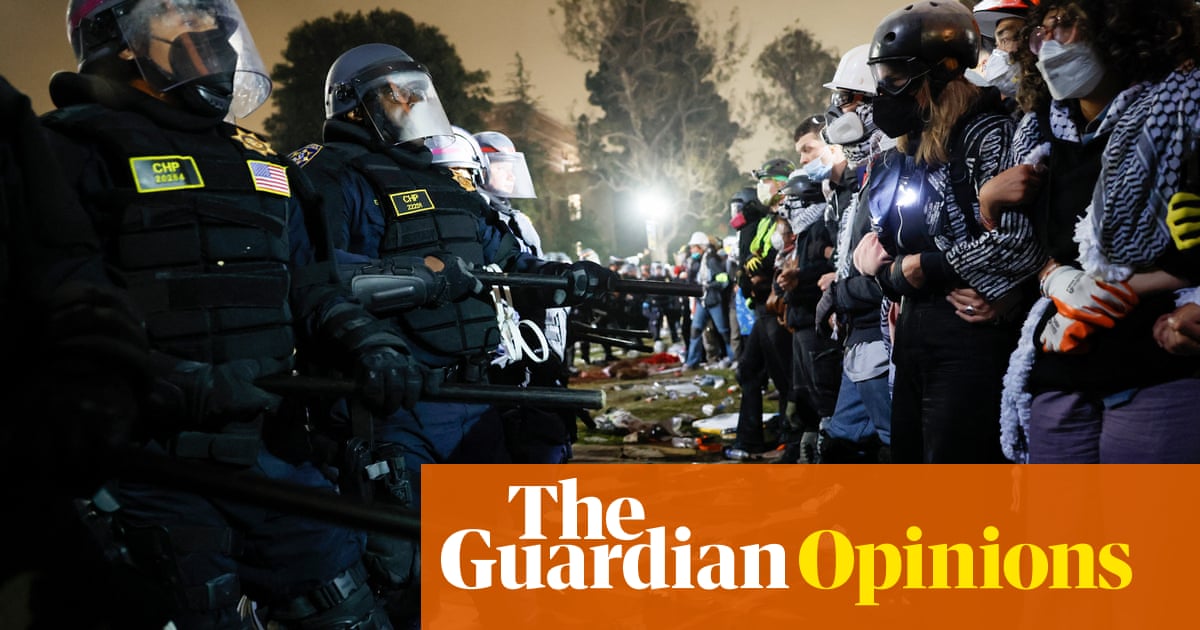The play opens with the usual pre-show request for audiences to switch off their mobile phones before the curtain rises, but along with this come warnings – and instructions for how the audience should evacuate the auditorium in the event of an air raid.
That is because Mariupol Drama, a play based on the real experiences of a Ukrainian theatre company during the Russian invasion of the titular city, was written and staged in the midst of war. It re-enacts the horrifying moment on 16 March 2022 when their theatre was bombed by Russian forces, even though it had by then been turned into an evacuation shelter for almost 1,000 people.
Mariupol Theatre company performers were among those sheltering inside when a bomb levelled the building and left an unverified number of people dead. Actors Olena Bila and Ihor Kytrysh witnessed the horror but managed to escape, along with their son, Matvii, then aged 10, and the company’s head of music and drama, Vira Lebedynska. All four ended up in the western Ukrainian city of Uzhhorod, where the writer Oleksandr Gavrosh had the idea to turn their first-hand accounts, along with others, into this verbatim piece.

It was first staged just six months after the attack, to a full house in Uzhhorod, despite the war happening all around. Having since played in Kyiv, also amid the dangers of the conflict, it will travel to Britain to be performed at Home, Manchester, this month.
Gavrosh and Bila, speaking remotely from Uzhhorod through translators, describe the impetus to transpose the experience of war into drama. Gavrosh interviewed everyone from the actors to the director, makeup artist and technical staff, along with their relatives, to create a play not just about the moment of the bombing but about their lives in Mariupol, and about the city itself before the war.
The drama captures ordinary life before the invasion, as well as the initial disbelief, then the hope that it would be over in a few weeks – alongside the camaraderie of those sheltering in the theatre. There are reflections on art in a time of war, and there is a child’s-eye view of conflict, thanks to the young character of Matvii. “Nothing is fiction,” says Gavrosh. “The only thing I did was to arrange the facts in a logical and chronological order.” He is glad he recorded survivors’ accounts so quickly, he adds, “because memory can fade”.
Bila speaks of the powerful reception the drama received in Kyiv, where it was staged to a full house at the Ivan Franko theatre, on the second anniversary of the bombing. “At the end of the show, there was an announcement in which we named every actor.” This was to emphasise that they were witnesses. “It was very cathartic – and very, very emotional for the actors because it’s not usual to name every actor in this way. Everyone in the audience was crying, too.”
David MacCreedy, an actor who first saw Bila in another play in Romania, helped to bring Mariupol Drama to Manchester after seeing it in Ukraine. “Olena told me about this play,” he says. “I had to see it live so I went to Uzhhorod. I not only watched the show but also the audience. At first, it reminded me of a Saturday matinee, full of ladies of a certain age. Then it dawned on me why there were so few men: they were all away, fighting. There was the announcement at the beginning about going to a shelter in the event of an air alert. I realised this is something that should be seen in the UK.”

The staging at Home will keep to its original template, complete with air raid warnings, and will be performed in Ukrainian with surtitles. “Everywhere I’ve been in Ukraine,” says MacCreedy, “I have heard sirens every day. In my first night in the Carpathian region, I heard them through the night. We’re not going to have that, but what we will have is an audience open and listening to the reality – being able to experience it as closely as possible without actually being there, which is what verbatim theatre is about.”
The conversations afterwards are key. “Ukrainian theatre is very inclusive,” he adds. “As soon as the play is finished, the audience get up to talk to the actors. It’s a very eastern European tradition.” The hope is this will happen at Home.
The play is a political statement in its own right – proof that theatre is still alive in Ukraine, that the company are still working, telling new stories, not broken by the full-scale invasion but forging on. More generally, the theatre industry in Ukraine has been just as active, with most theatres still open and producing new plays, and tickets are quickly sold out for shows at the Ivan Franko theatre.
Oleksandr talks of the paradox that, despite the enormity of the conflict and destruction of whole cities, “our culture is flourishing”. When an air-raid siren goes off while a show is being staged, he says, the performers stop and go with the audience to a shelter. In Kyiv, a single show can involve one or two such scares. But people keep coming back to the theatre – and they always return after the alarms. “They want to see these shows,” says Gavrosh.
The theatre in Mariupol, as a building, was destroyed by the Russians. For this theatre company, it is no longer their home, but as one character states defiantly in the play, the theatre’s heart continues to beat.

.png) 3 months ago
42
3 months ago
42













































